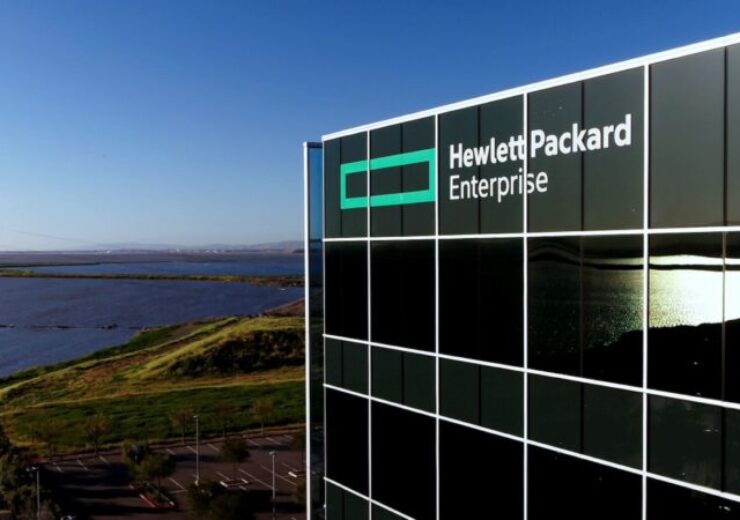The company said that the latest experiment shows the growing value of supercomputing and how it can be employed for testing and supporting current or near-term quantum experiments

HPE discloses supercomputing research that is said to increase the standards for achieving quantum advantage. (Credit: Hewlett Packard Enterprise Development LP)
Hewlett Packard Enterprise (HPE) alongside researchers from the University of Bristol and Imperial College London have revealed a supercomputing research that is claimed to increase the standards for achieving quantum advantage.
According to HPE, the research establishes how supercomputers can be used for testing and benchmarking computational performance for the quantum computing community, thereby reimagining theoretical performance claims that future quantum computers will bring.
In the new research, HPE’s high performance computing (HPC) and artificial intelligence (AI) business group and Hewlett Packard Labs had collaborated with the University of Bristol and Imperial College London. The researchers worked on improving a past prediction that it will take 600 million years for simulating a Gaussian Boson Sampling (GBS) problem of the same size as an experimental quantum computer, on the largest supercomputer in the world.
After creating an algorithm and applying it to a simulation of the GBS problem that ran on smaller, older generations of HPE-built supercomputers, the researchers used the results of the simulation to predict it will take only 73 days on an even faster supercomputer like the Fugaku.
The researchers have published their findings in “The boundary for quantum advantage in Gaussian boson sampling” paper.
HPE HPC and AI senior vice president and general manager Justin Hotard said: “Today’s research, a result of a strong collaboration between teams at HPE, University of Bristol and Imperial College London, was inspired by the leading edge of quantum computing development to extend the value that supercomputing delivers, when combined with optimised algorithms, to accurately compare computational advantage between classical computers and quantum computers, and set new standards of performance.”
HPE said that the latest experiment demonstrates the growing value of supercomputing and how it can be employed for testing and supporting ongoing or near-term quantum experiments that help to expedite the commercial importance of quantum computers.
Besides, the research as per HPE, foresees that as advancement in supercomputing continues, like in the case with exascale supercomputers, verification of quantum computing results can be done in even shorter windows of time, ranging from months to weeks on faster machines.


